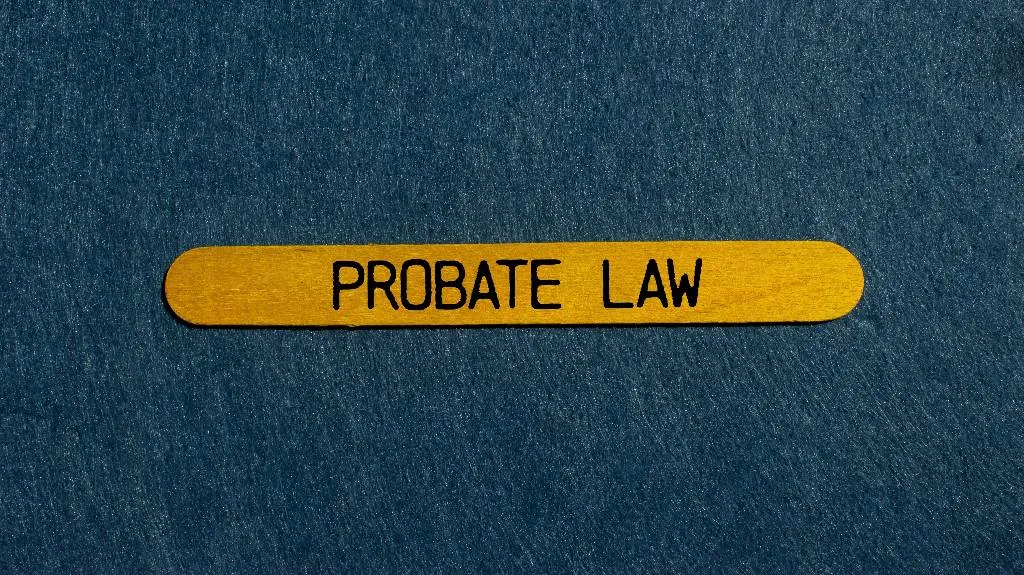In the world of estate planning, few changes are as significant as those related to federal tax law. On January 1, 2026, the current federal estate and gift tax exemption is set to revert to pre-2018 levels, dramatically altering the estate planning landscape. With the current historically high exemption set to be cut in half, proactive planning is essential to mitigate the potential tax burden on your estate and preserve your legacy. This article will provide an overview of the changes and offer strategic planning techniques to help high-net-worth individuals prepare for this looming shift.
What Is the Estate Tax Exemption?
The estate tax exemption is the amount of an individual’s estate that is shielded from federal estate taxes at the time of their death. Thanks to the Tax Cuts and Jobs Act (TCJA) of 2017, the current federal estate tax exemption is approximately $13.61 million per individual or $27.22 million for a married couple (as of 2024). This exemption amount is historically high, allowing many estates to avoid federal estate taxation altogether.
However, this exemption is scheduled to sunset on January 1, 2026, and will revert to its pre-2018 level, which was approximately $5.49 million per individual. Factoring in the inflation adjustments allowed by law, it is estimated that the exemption will be somewhere between $6 million to $7 million per individual at the time of the sunset. For high-net-worth individuals, this change will significantly increase the number of estates subject to federal estate tax, with a tax rate of 40% on the amount exceeding the exemption.
Potential Impact of the Sunset
The sunset of the current estate tax exemption could create significant tax liabilities for families and heirs of high-net-worth individuals. Estates valued over the lower exemption amount will be subject to a substantial 40% federal tax on the excess. For example, if an estate worth $10 million was exempt under the current law, it may face a tax liability of $1.2 to $1.6 million (depending on the inflation-adjusted exemption) after the sunset occurs.
This impending change underscores the need for strategic planning to minimize the impact of estate taxes and preserve the value of your estate for future generations.
Estate Planning Strategies to Consider Before the Sunset
To navigate the coming changes and maximize the available estate tax exemption, individuals and families should consider implementing several advanced estate planning strategies before 2026.
Utilize the Current Estate and Gift Tax Exemption
One of the most straightforward strategies is to take full advantage of the current high exemption by making large gifts during your lifetime. The IRS allows individuals to gift up to the lifetime exemption amount tax-free, and any unused portion of the exemption will be lost once the law sunsets. By making substantial gifts now, individuals can lock in the current exemption and transfer significant wealth to their heirs without incurring estate or gift taxes.
Key Tactic: Grantor Retained Annuity Trusts (GRATs)
A Grantor Retained Annuity Trust (GRAT) is an effective tool for transferring wealth while taking advantage of the current high exemption. In a GRAT, the grantor transfers assets to a trust and receives annuity payments over a set period. After the annuity term, the remaining trust assets pass to the beneficiaries free of additional gift tax. With the current exemption, individuals can maximize the value of assets placed in a GRAT without triggering gift taxes, particularly for appreciating assets.
Establish Spousal Lifetime Access Trusts (SLATs)
A Spousal Lifetime Access Trust (SLAT) is another powerful estate planning tool that can help lock in the current exemption while providing flexibility for married couples. A SLAT allows one spouse to create an irrevocable trust for the benefit of the other spouse, which can be used to transfer assets outside of their taxable estate.
The beauty of a SLAT lies in its dual benefit: it removes assets from the taxable estate while still allowing the non-donor spouse to access trust funds if needed. In the case of divorce or death, the trust remains intact for the benefit of the designated heirs, typically children or grandchildren.
Consider Irrevocable Life Insurance Trusts (ILITs)
For those concerned about liquidity to pay estate taxes, an Irrevocable Life Insurance Trust (ILIT) can be a vital tool. Life insurance proceeds are often included in the taxable estate if the policyholder retains ownership of the policy. By transferring ownership of a life insurance policy to an ILIT, the proceeds are excluded from the taxable estate, providing liquidity to pay estate taxes without reducing the estate’s value passed to heirs.
ILITs also offer an additional benefit: they can be structured to provide income to surviving spouses and heirs during their lifetime, while still keeping the insurance proceeds outside the taxable estate.
Charitable Giving and Charitable Remainder Trusts
Charitable giving can also play a significant role in reducing taxable estates. Individuals who wish to support charitable causes can establish Charitable Remainder Trusts (CRTs) or other charitable giving vehicles. CRTs allow individuals to transfer assets to a trust, receive income from those assets during their lifetime, and then have the remainder pass to a designated charity.
This strategy provides dual benefits: the donor reduces the taxable estate and receives income while still supporting a charitable cause. Charitable giving also provides an immediate income tax deduction, which can help offset current income tax liabilities.
Annual Exclusion Gifting
While the focus is often on the lifetime exemption, annual gifting is another effective strategy to reduce the taxable estate. Each year, individuals can give up to $18,000 (as of 2024) per person to as many recipients as they choose, without reducing their lifetime exemption. This can be particularly useful for transferring wealth to children, grandchildren, or other heirs over time, while keeping the overall estate value below the future exemption threshold.
Plan for State Estate Taxes
While the federal estate tax is the primary concern for many, several states also impose their own estate or inheritance taxes. For example, states like New York and Massachusetts have estate tax exemptions significantly lower than the federal threshold, ranging from $1 million to $5 million. It is essential to consider state-level taxes in conjunction with federal estate tax planning, as these additional taxes can further reduce the assets passed to heirs. Luckily for us, California does not have an estate tax in place, at least for now.
Don’t Wait: Take Action Now
With the sunset of the estate tax exemption approaching, individuals with significant estates need to take a proactive approach to planning. The strategies discussed here offer opportunities to mitigate the impact of estate taxes, but the window to take full advantage of the current exemption is closing fast.
The key to effective estate planning is acting early. The planning process can be complex, involving the creation of trusts, transferring ownership of assets, and ensuring compliance with tax regulations. Waiting too long can limit your options and increase the risk of your estate being exposed to unnecessary taxation.
Conclusion
The upcoming reduction in the federal estate tax exemption presents a challenge, but it also offers an opportunity to reevaluate your estate plan and take steps to safeguard your wealth. By employing strategies like gifting, creating trusts, and planning for charitable giving, you can significantly reduce the potential tax burden on your estate.
At the Filippi Law Firm, P.C., we specialize in comprehensive estate planning and can help you navigate these changes to preserve your assets for future generations. Contact us today to start planning for the future and ensure your estate is protected from the looming sunset of the IRS estate tax exemption.




